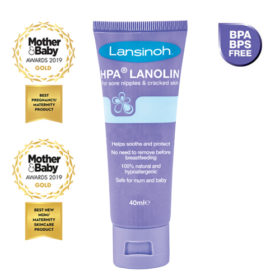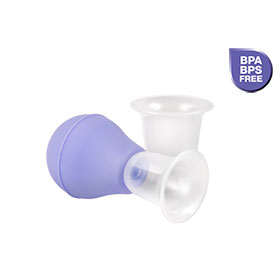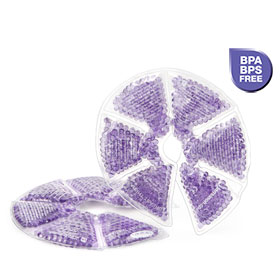Advice Articles
- Home
- Advice Articles
- Pregnancy
- Bringing Baby Home
Bringing Baby Home
In preparation for this you may feel like there is a lot to think about and organise. But do not panic, we have a few tips to help ease the transition for mums.
The day before you are due to check out of the hospital, try and send home as many of the items you’ve received during your stay as possible; like flowers, gifts, and any large items. If this cannot be arranged, then ask the person accompanying you home to bring the vehicle you’re travelling back in as close to the hospital exit door. Also after just giving birth, new mums tend to walk more slowly; especially if you have had a caesarean, and are recommended to take things easy after checking out of hospital. If needed, the midwives may provide you with a wheelchair.
If you have never put a baby in a car seat, don’t underestimate how complicated this can be at first. Try to read the instructions and practice at home before baby is born. To note, don’t forget that you should never place the car seat in front of an airbag and avoid the temptation of taking the baby out of their car seat to comfort them. If you’re struggling ask your midwife for help before leaving the hospital.
Once you’re home
Try not to worry about housework, even though you may be receiving lots of visitors. Better still, encourage your partner to take control in this area. Dad will want to feel an important part of your new family, and so should happily share nappy changing, bathing and other duties. Read our helpful tips for dads in the early days to discover more advice.
Health professional care
Visiting procedures may differ according to where you live, but generally you will receive at least two visits from a midwife, and then at least one from a health visitor. You can always telephone them between visits if you need to.
Bathing your baby
This need not be scary, but remember that new-borns lose heat quickly, so make sure the room is warm, towels are ready, and the bath lasts no longer than 10 minutes. You do not need to bath your new-born baby every day, tap water may dry your baby’s skin, so you may prefer to ‘top and tail’ for the first few days. Cotton wool dipped in cooled boiled water for the face can reduce the risk of eye infections.
Umbilical cord care
Make sure that you care for your baby’s umbilical cord stump by making sure it is clean and dry at all times to promote healing. If you notice any smell, or the cord stump is sticky or bleeding, let your midwife or other health professional know, as this may indicate an infection. The stump should fall off after around a week.
Enjoy this time with baby!!
These first few weeks with your baby may be one of the only times in your life when you have an excuse not to get dressed, have all your meals prepared for you, and can rest as much as possible – so make the most of this special time with your new baby.
Related Categories
You May Also Need
-
... View -

HPA® Lanolin Nipple Cream for Sore & Cracked Nipples
Sore nipples are very common during breastfeeding and can often be a result of the uncomfortable positioning... View -

LatchAssist™ Nipple Everter
When a baby cannot achieve a good latch, trying to breastfeed can be frustrating and upsetting for both... View -

Thera°Pearl® 3-in-1 Breast Therapy
Flexible and reusable, Thera°Pearl’s 3-in-1 Breast Therapy packs have soft covers that can be slipped... View
